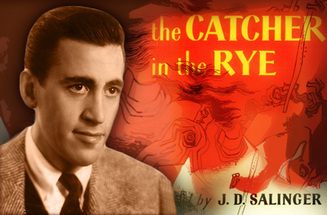
Here is the remarkable story of J.D. Salinger and Catcher in the Rye;
Early life.
1. Jerome David Salinger was born January 1, 1919 in New York to a comfortably affluent family of European and Jewish descent.
2. He went to an elite private high school, where he was an average student, then New York University and later Colombia University later on.
3. He started calling himself “Jerry” in high school, while his family always called him “Sonny.”
4. In 1941, Salinger dated the young debutante Oona O’Neill, daughter of the famous playwright Eugene O’Neill. Salinger was head over heels in love but later on she abandon him for Charlie Chaplain. They got married, though he was her senior by many decades, Salinger was embarrassed and crushed.
5. In November of that same year, Salinger sold a story called “Slight Rebellion Off Madison,” to the New Yorker, which featured the character Holden Caulfield. However, it was shelved when the war broke out and editorial needs changed, and wouldn’t appear in the magazine until 1946, after the war. A few other stories featured Holden Caulfield, even 10 years before the Catcher in the Rye was published.
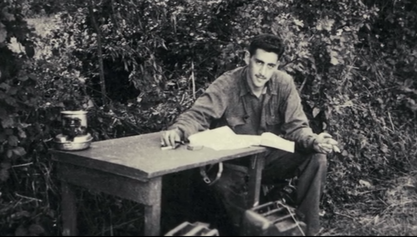
6. J.D. Salinger’s comfortable, safe, and predictable world was shattered when he was drafted into WW II in the spring of 1942, only a few months after the bombing of Pearl Harbor.
7. His first action was during the D-Day Invasion at Utah Beach.
8. He served all the way through to VE Day (Victory in Europe Day,) including fighting in the Battle of the Bulge and the Battle of Hürtgen Forest, where he saw the heaviest of combat and most of his units slaughtered.
9. Salinger actually started writing Catcher in the Rye as he served during the war, and he carried 6 chapters of the original manuscript with him as he rushed the beaches during D Day. He later said that the will to preserve those chapters is what kept him alive.
10. Friends of his from his unit always joked that they’d get nothing done when out on patrol because Salinger always insisted they pull over so he could write more of Catcher in the Rye.
11. The one and only photo of Salinger writing his only novel comes from while he was serving overseas in the war.
12. During his time fighting in WWII, he arranged a meeting with Ernest Hemingway, a big influence of his, who was working as a war correspondent. Hemingway was impressed with Salinger and his writing and they remained in correspondence.
13. In April 1945 as the Germans surrendered, Salinger’s unit liberated a Nazi concentration camp in Dachau. What he saw there changed him forever. He later told his daughter, "You never really get the smell of burning flesh out of your nose entirely, no matter how long you live."
14. He was sent to a psychiatric hospital after the war for combat stress reaction.
15. After the surrender, Salinger stayed in Germany for six months where he was assigned to work with the Counterintelligence Corp during the “Denazification” of the country.
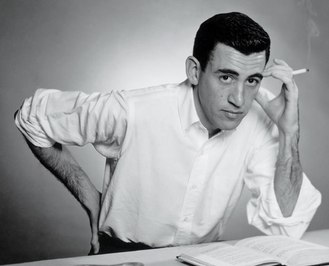
16. In Germany after the war, he met a young woman named Sylvia Welter. Even though she was a former member of the Nazi party, they fell in love, were married, and she came accompanied him back to the U.S. But the marriage lasted only 8 months until it was annulled and Sylvia returned to Germany.
17. After the war, Salinger wrote with renewed gravity and determination. He was obsessed with the New Yorker Magazine and submitted numerous short stories to them, all to be rejected. He was published elsewhere but considered the New Yorker his manifest destiny.
18. He was finally published again by the New Yorker in 1948 when his story, “A Perfect Day for Bananfish,” was released after a year of editing. The story hit it big and Salinger was vaulted to national prominence.
19. In 1949, a movie version of his story, "Uncle Wiggily in Connecticut" was released, called “My Foolish Heart.” The movie was a flop and Salinger hated it, vowing never again to allow a film to be made from one of his stories.
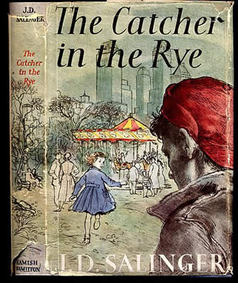
20. Catcher in the Rye was released on July 16, 1951 by the publisher Little, Brown and Company.
21. It was an immediate success. Within two months it had been reprinted eight times, and Catcher spent 30 weeks on New York Times bestsellers list.
22. It was J.D. Salinger’s one and only published novel.
23. It’s been translated into all of the world’s major languages and sold around 65 million copies. It still sells about 250,000 copies per year, even 63 years after its release.
24. It’s considered one of the best American literature, along side “Of Mice and Men,” by John Steinbeck and “Huckleberry Finn,” by Mark Twain.
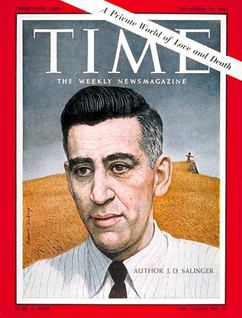
25. However, it’s attracted its fair share of criticism. In 1960, a teacher in Oklahoma was fired for teaching the book in his class. Between 1961 and 1982, the Catcher in the Rye was the most banned book in the U.S.
26. It’s been estimated that there are 237 uses of the word "goddam" in the book, 58 of "bastard," 31 of "Chrissake," and six of "fuck."
27. It also contained subject matter pertaining to sexuality, homosexuality, suicide, and defying authority. That was all extremely controversial subject matter for the 1950’s (and 1940’s, when it was written.)
28. In 1978, it was banned in high schools in Issaquah, Washington as part of an "overall communist plot.”
29. By 1981, it was both the second-most most taught book in U.S. public high schools and also the most banned book.
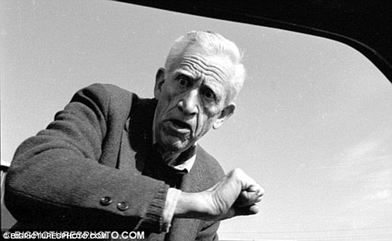
30. In 1953, Salinger moved from his apartment in New York City to a simple house on a mountain in Corning, New Hampshire, where he’d live the rest of his life.
31. Salinger lived in seclusion in Cornish, preferring a life of total privacy though he kept careful tabs on the outside world.
32. After the initial success and critical acclaim of Catcher in the Rye, the book’s popularity hit a lull in the late 1950’s. However, in the 1960’s the book experienced an explosive revival, as it became the manual of youth rebellion for the counterculture generation.
33. After that, he had many young readers, soul searchers, malcontents, voyeurs, photographers and reporters seek him out, though he unceremoniously dismissed almost all of them.
34. Salinger became an avid follower of Buddhism, and later a practitioner of Zen Yoga, Hinduism, and even Dianetics.
35. While he lived in Cornish, he produced mostly short stories and some novellas, with the New Yorker Magazine holding a first-right of refusal for all his work.
36. He went through several relationships with much younger women, which usually ended in disaster as he treated them poorly and alienated them completely, preferring the solitude of his typewriter and the characters he created.
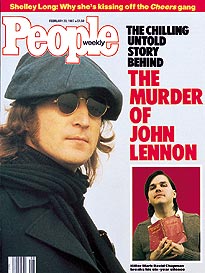
37. Salinger became a victim of his own fame as Catcher in the Rye reached iconic status. He withdrew more later in life as there was speculation he never fully recovered from his experiences during the war.
38. He dealt with numerous lawsuits to suppress unauthorized biographies, tell-all’s from past flames, and scathing memoirs, including one from his own daughter.
39. Producers in the movie business never stopped hounding him to make a big screen adaptation of Catcher in the Rye. Jerry Lewis was obsessed with playing the part of Holden Caulfield and over the years, Marlon Brando, Jack Nicholson, Tobey Maguire, and Leonardo DiCaprio all tried to make the film adaptation, though Salinger never wavered.
40. On December 8, 1980, Mark David Chapman gunned down John Lennon of the Beatles in front of the Dakota Hotel in New York City. At the crime scene, Chapman was found with a copy of Catcher in the Rye he’d bought that day. Inside was the inscription, "To Holden Caulfield, From Holden Caulfield, This is my statement." He later professed that he killed Lennon because of the book.
41. In 1981, John Hinckley, Jr.'s shot President Ronald Regan and others in his entourage. He stated that he attempted the assignation to impress actress Jodie Foster, who he was stalking. When they searched Hinckley’s apartment, they found a well-read copy of Catcher in the Rye.
42. In 1989, Robert John Bardo stalked and then shot to death actress Rebecca Schaeffer at her Hollywood home. He was carrying a copy of Catcher in the Rye when he was arrested.
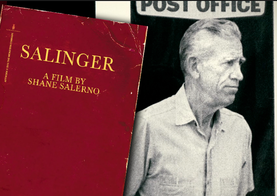
43. J.D. Salinger published his last original work in 1965 and gave his final interview in 1980.
44. On January 27, 2010, J.D. Salinger passed away of natural causes at his home in Cornish, New Hampshire.
45. But his story continues; in his will, Salinger left specific instructions to publish the bulk of his unreleased work on a timetable between 2015 and 2020. There is speculation that very well might include a follow up to Catcher in the Rye and Holden Caulfield.


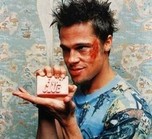








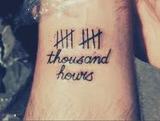



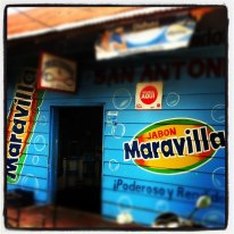
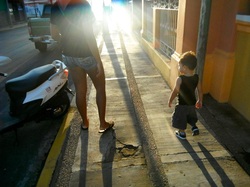



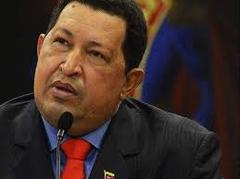
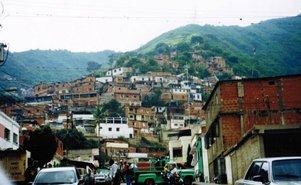
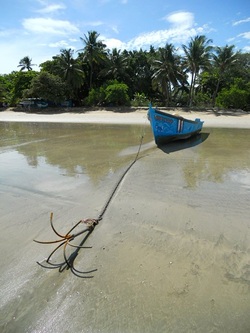
 RSS Feed
RSS Feed